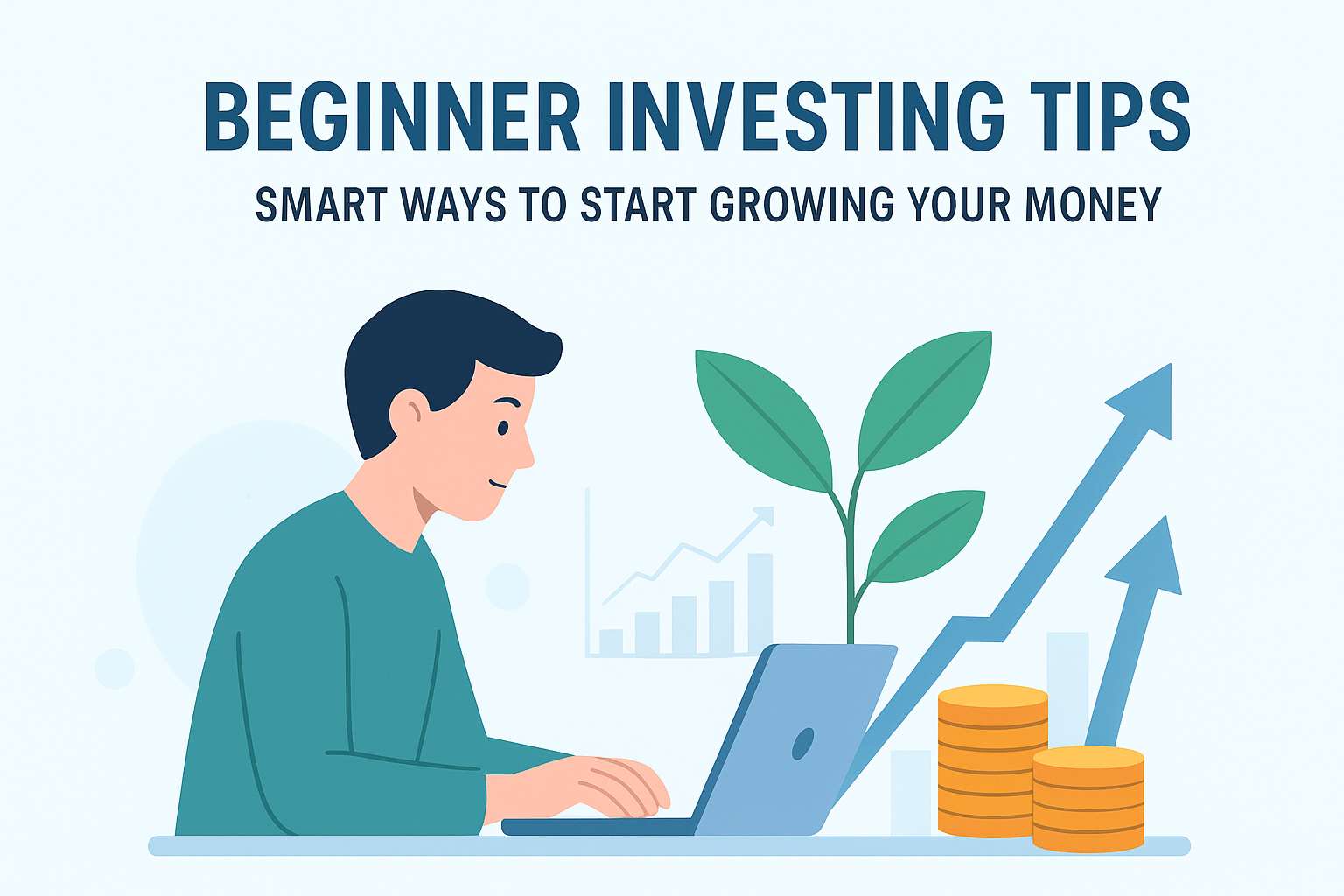Retirement today requires a comprehensive strategy with multiple income streams so that you can best support yourself while minimizing risk. All investments, of course, carry risk, which is why diversifying your approach beyond your pension is essential.
It can also be daunting, especially if you’re new to investment or even financial planning. While the precise investments you make will depend entirely on your personal financial circumstances, the opportunities near you, and also your own financial literacy.
Regardless of where you are with your own current investments, this guide is designed to help you understand what opportunities are out there and how to get started so that you can begin building your own comprehensive portfolio starting today.
Understand Your Current Financial Situation
The most important factor when it comes to investing is to use money you can afford to lose. Investments can go sour, yes, but more importantly, the entire purpose of investing is to put money away. Sometimes for a few months, other times for decades. Either way, the point is you won’t have access to the money you have to invest. Not only do you need to manage your money effectively to offset putting that money away, but it’s also wise to maximize what you can put away in the first place.
That’s why it’s crucial that you start your personalized investment with planning, risk management, and the help of a trusted financial planner. With a planner at your side, you can walk away with a step-by-step plan on how to improve your financial situation, up to and including making financial investments.
Investment Opportunities to Consider
There are multiple types of investments that you can make for your own future. Here are a few of the most popular ones:
Max Out Your 401(k)
One of the first investments many people make in their future is their 401(k). If you haven’t already, make sure you’re at least contributing enough to get your full employer match. If you can contribute more, do so. If you’re a sole trader, then a solo 401(k) allows you to make your own contributions (albeit without the help of your employer).
High-Yield Savings Accounts
Another investment option is a high-yield savings account, which earns interest on the balance. It’s a good option for those who want to save not necessarily for their retirement, but more importantly for large upcoming payments (a mortgage, a renovation, or just a rainy-day fund). Simply make sure that the account is FDIC-insured, so you don’t have to worry about losing your deposits.
CD Ladder
CD Ladder is a series of investments (known as certificates of deposit) that are staggered across five years. Each year, one CD matures. This is yet another good option to diversify your investments with more short-term options.
Corporate Bond Funds
In some cases, businesses that need to raise money do so by issuing bonds to investors (you). This is a medium-term option that is not FDIC insured, so to reduce risk, aim to either focus on high-quality corporate bonds or diversify your investment between more stable corporate bond options and high-risk/high-reward ones, as you could potentially lose your investment here.
Dividend Stock Funds
One type of investment that pays out regularly is dividends. To access these payouts, you’ll need to have dividend stocks in a business and be a shareholder. It is essential to be aware that dividend stocks depend entirely on how well a business is doing. If a business goes bust, then the stocks are worthless. They’re also more suited for intermediate to advanced investors, so either improve your own financial literacy or find a trusted investment advisor to handle your portfolio on your behalf.
The Stock Market
You can, of course, invest in the stock market. The best place to begin here is to often either focus on the S&P 500 index fund, which comprises the top 500 largest companies in the US, or the Nasdaq-100 index fund, which allows you to invest in the largest tech companies. As these are stocks, however, volatility is a given. You need a strong strategy to understand how the market fluctuates on a regular basis and to reassess your investment consistently while understanding the full risk involved, even with the top performing companies of today.
Property Investment
Property is, of course, another investment option you can and should consider. At minimum, those who currently hold a mortgage should be weighing up the options between selling their current property when the time comes or renting it out as a more consistent form of income rather than a lump sum.
This isn’t the only way you can invest, however. You can also:
Buy Rental Properties
Alternatively, you can buy properties for the specific intention of renting them out. This applies to any type of property, including apartments, hotels, offices, and retail units. Every investment of this kind does come with risks, but more importantly, it requires more in-depth or hands-on management, even if you hire a management company to handle the nitty-gritty for you.
Invest in Real Estate Investment Trusts
The other option is to invest in real estate investment trusts, or REITs. REITs are portfolios that pay dividends to investors in exchange for a lower corporate tax rate. Publicly traded ones can and often include an extensive portfolio of properties, typically a mix of property types, allowing you to invest in a diversified real estate portfolio without buying or managing the properties yourself.
Cryptocurrency
Another option that’s certainly new and also highly volatile is cryptocurrency. With multiple cryptocurrencies available, limited options for spending them as actual currency, and their susceptibility to government regulation, investing in cryptocurrency can be risky. Why people do it is because of its explosive growth in the past. In 2016, for example, one bitcoin was priced at $900, and it hit an all-time high in August of $124,000.
That being said, it also experiences significant drops, making it the very definition of high-risk, high-reward. It’s also better suited for experienced traders or those ready to sit and wait.
FAQ – Beginner Investing Questions
1. How much money do I need to start investing?
You can start with any amount. Many platforms allow you to begin with $50–$100. What matters most is consistency, not the starting amount.
2. What is the safest investment for beginners?
High-yield savings accounts and CDs (Certificates of Deposit) are considered low-risk. They don’t grow super fast, but they are good for emergency savings or short-term goals.
3. Is investing the same as saving?
No. Saving keeps money safe and accessible. Investing grows money over time but also has risk and may lock your money for longer.
4. Should I pay off debt before investing?
Yes — usually high-interest debt (like credit cards) should be paid off first because the interest you pay can be higher than the returns you earn from investments.
5. What is diversification?
Diversification means spreading your money across different types of investments (stocks, bonds, property, etc.) so if one fails, another can still grow.
6. Are index funds good for beginners?
Yes. They are simple and give you exposure to many companies at once. For example: S&P 500 index funds invest in the top 500 U.S. companies.
7. Can I lose money in the stock market?
Yes. Stock prices move up and down. Long-term investing with a strategy can reduce risk, but losses are possible.
8. Is cryptocurrency a good investment for beginners?
Crypto is extremely volatile. It can bring big gains but also big losses. Beginners should only invest money they are willing to lose.
9. Do I need a financial advisor to start investing?
No. You can start on your own with online platforms. But if you have complicated finances or want guidance, an advisor can help.
10. How often should I check my investments?
Monthly or quarterly is enough. Constant checking leads to emotional decisions. Investing is a long-term game.



